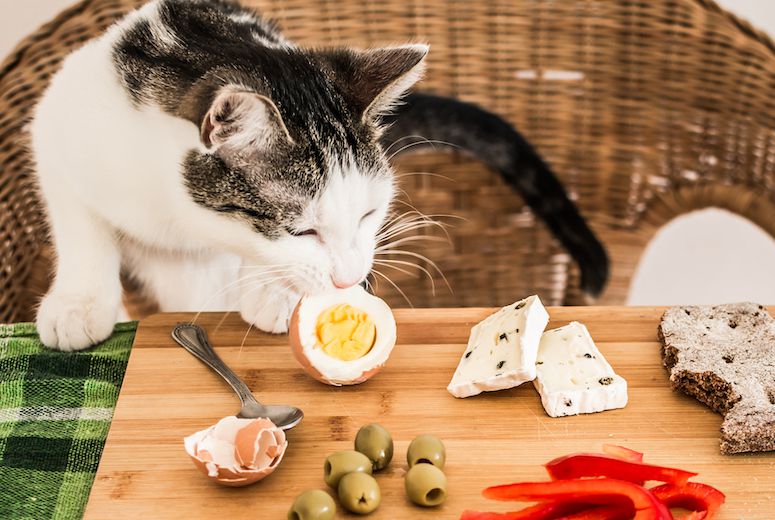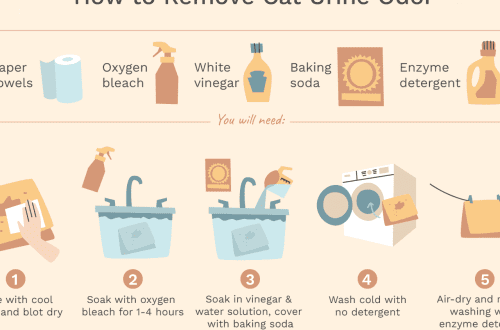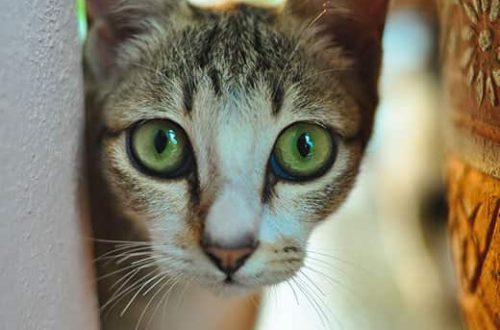
Can cats eat eggs?
Your tiny tiger cub may have tried all kinds of food in all sorts of flavors, from chicken to rabbit to fish, but can he eat eggs? Yes, cats can eat eggs if you are aware of the risks and benefits – boiled eggs can be a great treat if you add them to your cat’s regular diet.
Benefits of eggs
Petcha lists chicken eggs as a “super nutritious food” for pets. The author of the list is veterinarian Laci Scheible, who says she feeds her cats scrambled eggs once a week. The protein in eggs is easily digested by cats, and eggs contain amino acids that help maintain muscle mass.
Salmonella is no joke
If you don’t have time to cook them, can cats eat raw eggs? “Absolutely not,” says the American Veterinary Association. This is because, like people, when eating raw eggs (or raw meat), cats can “catch” salmonellosis or echirichiosis. Symptoms of poisoning by these pathogenic bacteria vary but include vomiting, diarrhea, and lethargy. The disease can even be fatal.
The Food and Drug Administration’s Center for Veterinary Medicine warns against putting cats and dogs on a “raw diet” due to the recent rise in the number of such pet owners, both for nutritional reasons and dangers of Salmonella and E. coli. Any infection can be transmitted to humans through contact with raw meat while feeding or handling pet dishes, and Salmonella infection can be dangerous for very young, elderly or immunocompromised people. Be sure to wash your hands after preparing meat or eggs for yourself, and keep your cat away from raw ingredients and other toxic foods. person.
In addition to the risk of Salmonella and E. coli, Catster warns that raw eggs contain the protein avidin, which interferes with the absorption of biotin, a vitamin your cat needs to maintain healthy skin and a shiny coat. Cooking eggs alters the properties of this protein and also provides a dose of biotin.
Do not put all your eggs in one basket.
As with any food, never feed it to your cat without first talking to your veterinarian. If you are feeding your kitten eggs for the first time, monitor him for a day or two to see if he has any adverse reactions. According to the Cummings School of Veterinary Medicine at Tufts University, eggs are a common allergen for cats and dogs, although it should be noted that the overall percentage of animals with food allergies is quite low. Food allergies can be one cause of itchy skin or ears, skin infections, or gastrointestinal problems.
Want to know if your cat loves eggs? Wonderful! After checking with your veterinarian to make sure it’s a safe snack for her, you can try serving her a scrambled, hard-boiled, or poached egg. Just remember to consider them a treat, and only feed eggs to your furry friend as part of a balanced diet. For the rest of your diet, choose a high quality, balanced diet, such as Hill’s Science Plan Adult Cat Dry Food with Chicken. Keep her curiosity with food and feed her food that stimulates growth, health and energy!





